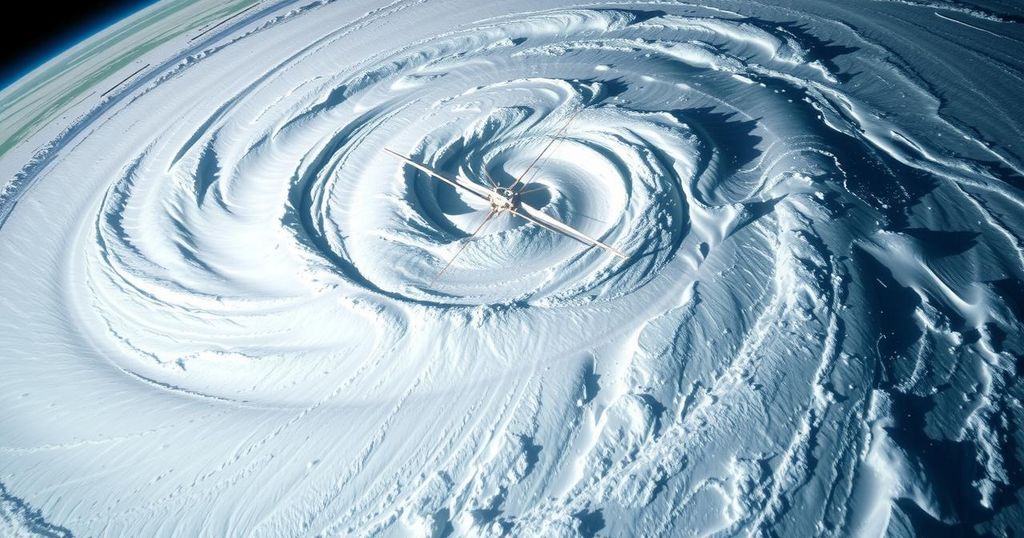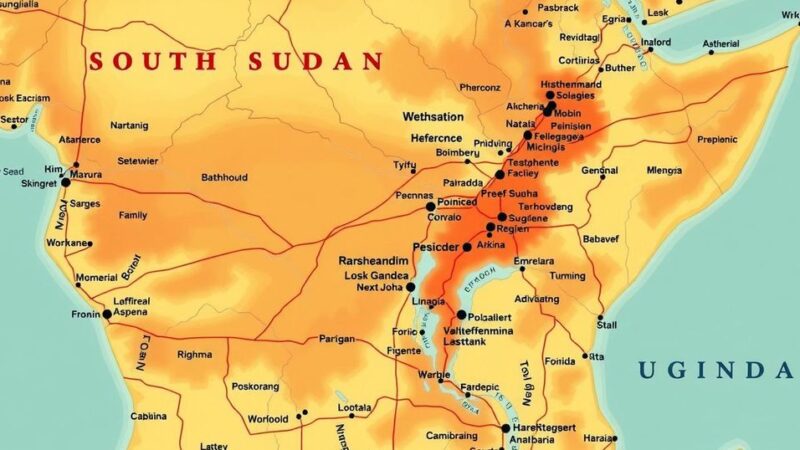Cyclone Chido ravaged Mayotte on December 14, 2024, unleashing destructive winds up to 155 mph. Official reports indicate 21 confirmed deaths, with estimates suggesting thousands affected by the disaster. French officials have described the event as unprecedented, highlighting extensive damage and humanitarian challenges. The storm also impacted Mozambique shortly after, prompting widespread concern about recovery efforts in impoverished regions.
NASA satellite imagery has vividly documented the catastrophic impact of Cyclone Chido, which struck the islands of Mayotte on December 14, 2024. This severe cyclone, noted for its hurricane-force winds, caused extensive destruction, particularly across its northern regions. Initially forming on December 5 in the southeastern Indian Ocean, Chido quickly escalated in intensity, registering winds of up to 155 miles per hour, classifying it as a strong Category 4 hurricane.
Cyclone Chido first impacted the Mauritian islands of Agaléga on December 11 before devastating Mayotte. French authorities have reported rising fatalities, with initial counts at 21, although estimates suggest potentially thousands more casualties. The cyclone made landfall after passing just north of Madagascar, leading to complete devastation in Mayotte, which is currently facing unprecedented humanitarian challenges.
French officials, including Interior Minister Bruno Retailleau, have described the destruction as colossal, emphasizing the need for urgent assistance to victims and the prevention of further crises. President Emmanuel Macron has assured that measures are being implemented to aid the inhabitants of Mayotte and that he will visit the island to demonstrate solidarity and support.
Météo-France has classified Chido as the most powerful storm to affect Mayotte in over 90 years, causing severe infrastructural damage, including crumpled neighborhoods and disrupted utilities. The cyclone’s impact did not end in Mayotte; it subsequently affected Mozambique on December 15, resulting in at least 34 fatalities and extensive damage to homes.
Although recovery efforts are underway, Mayotte faces significant socio-economic hurdles, being one of the poorest regions in the European Union. The complete loss of electricity has further complicated recovery efforts, highlighting the very real and ongoing challenges faced by the residents after this catastrophic event.
Cyclones, particularly in tropical regions, can cause monumental destruction and loss of life. Cyclone Chido’s emergence in the Indian Ocean exemplifies the vulnerability of small island nations to extreme weather events exacerbated by climatic changes. Mayotte, a French overseas region, has limited resources and infrastructure to manage such disasters, amplifying the effects of such catastrophic events. Understanding the trajectory and intensity of cyclones is essential for disaster preparedness and response strategies in at-risk areas, particularly in the face of climate-related challenges.
In summary, Cyclone Chido has left a profound impact on Mayotte and other areas it struck. The tragic loss of life, alongside the significant infrastructural damage, underscores the vulnerabilities faced by small island nations in the wake of increasingly severe tropical storms. The observed response from French authorities reflects a commitment to assist affected communities while outlining the urgent need for preparedness given the increasing occurrence of such weather events.
Original Source: www.newsweek.com






